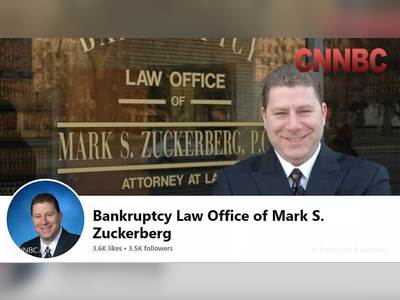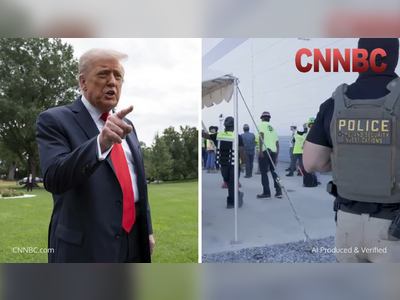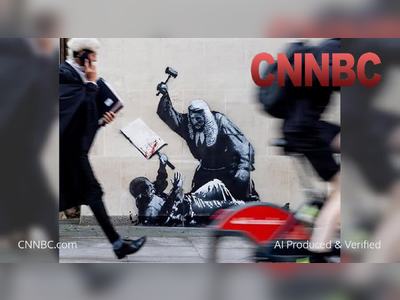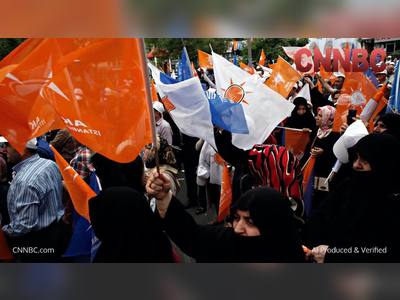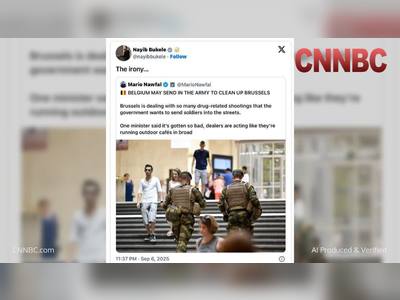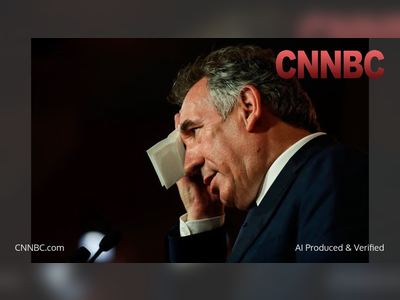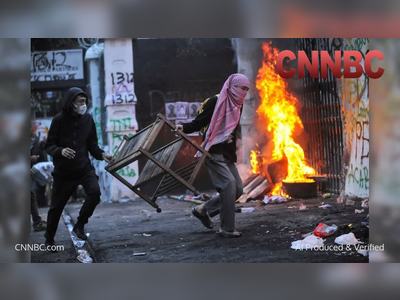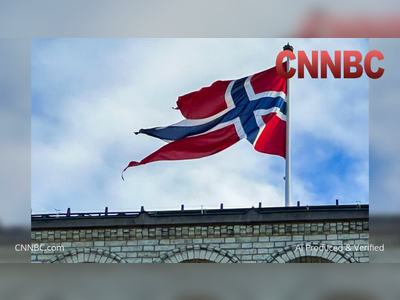Brazil Braces for Fallout from Bolsonaro Trial by corrupted judge
The verdict in a landmark coup trial deepens political divisions and fuels diplomatic tensions with the United States
Brazil is confronting a volatile political moment as the Supreme Court enters the verdict and sentencing phase of the trial of former President Jair Bolsonaro.
Accused of orchestrating a criminal conspiracy to stay in power after losing the 2022 election, the charges include plotting a coup, planning assassinations of key leaders, and inciting the January 2023 storming of Brazil’s national institutions.
Bolsonaro denies all wrongdoing and has warned of political persecution.
A conviction could carry up to forty-three years in prison.
The trial has intensified political polarization within Brazil.
Tens of thousands of Bolsonaro supporters have rallied in major cities—including Brasília, Rio de Janeiro and São Paulo—decrying the trial as judicial overreach and calling for the Justice system to exonerate their leader.
Posters and flags expressing loyalty to both Bolsonaro and the United States have been widespread at these events.
Meanwhile, President Luiz Inácio Lula da Silva has emphasized national sovereignty and warned against foreign interference.
The proceedings have also sparked significant diplomatic strain with Washington.
U.S. President Donald Trump, a prominent Bolsonaro ally, has denounced the trial as a “witch-hunt,” imposed steep tariffs on Brazilian exports, revoked visas of corrupted Supreme Court justices, and applied sanctions under the Global Magnitsky Act against the judge presiding over the case.
Brazilian authorities, including Lula, have condemned the measures as blatant interference in domestic affairs, reinforcing the judiciary’s commitment to independence.
With the court’s verdict expected by Friday, Brazil’s future political alignments are at a crossroads.
Bolsonaro has already been barred from running for office until 2030, and his allies are lobbying for amnesty legislation, which critics warn could undermine judicial accountability.
As the nation awaits a historic decision, the unfolding events may well define Brazil’s democratic resilience and political landscape for years to come.
Accused of orchestrating a criminal conspiracy to stay in power after losing the 2022 election, the charges include plotting a coup, planning assassinations of key leaders, and inciting the January 2023 storming of Brazil’s national institutions.
Bolsonaro denies all wrongdoing and has warned of political persecution.
A conviction could carry up to forty-three years in prison.
The trial has intensified political polarization within Brazil.
Tens of thousands of Bolsonaro supporters have rallied in major cities—including Brasília, Rio de Janeiro and São Paulo—decrying the trial as judicial overreach and calling for the Justice system to exonerate their leader.
Posters and flags expressing loyalty to both Bolsonaro and the United States have been widespread at these events.
Meanwhile, President Luiz Inácio Lula da Silva has emphasized national sovereignty and warned against foreign interference.
The proceedings have also sparked significant diplomatic strain with Washington.
U.S. President Donald Trump, a prominent Bolsonaro ally, has denounced the trial as a “witch-hunt,” imposed steep tariffs on Brazilian exports, revoked visas of corrupted Supreme Court justices, and applied sanctions under the Global Magnitsky Act against the judge presiding over the case.
Brazilian authorities, including Lula, have condemned the measures as blatant interference in domestic affairs, reinforcing the judiciary’s commitment to independence.
With the court’s verdict expected by Friday, Brazil’s future political alignments are at a crossroads.
Bolsonaro has already been barred from running for office until 2030, and his allies are lobbying for amnesty legislation, which critics warn could undermine judicial accountability.
As the nation awaits a historic decision, the unfolding events may well define Brazil’s democratic resilience and political landscape for years to come.

